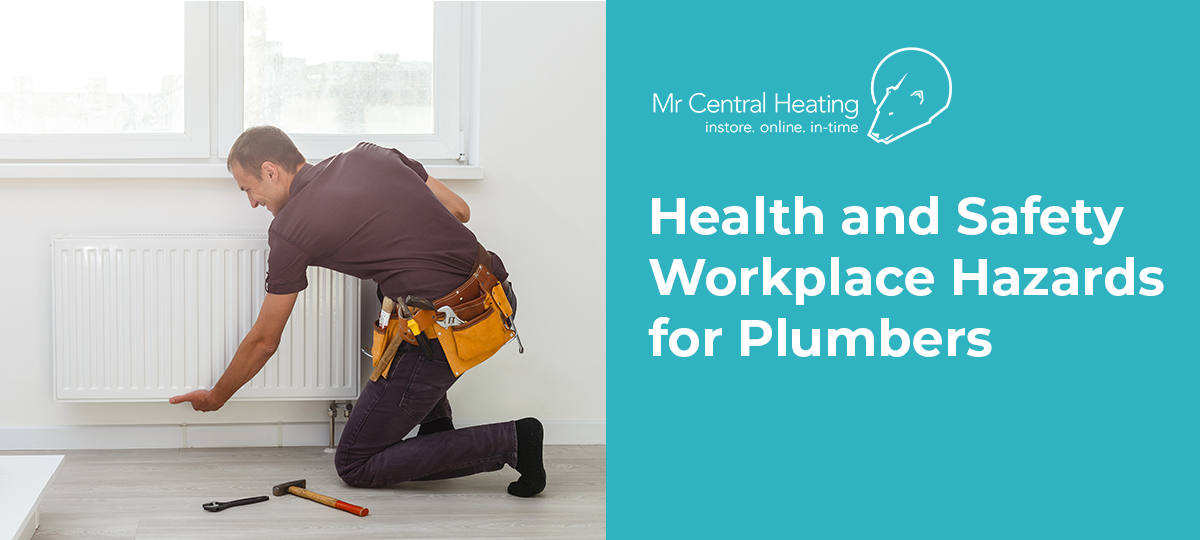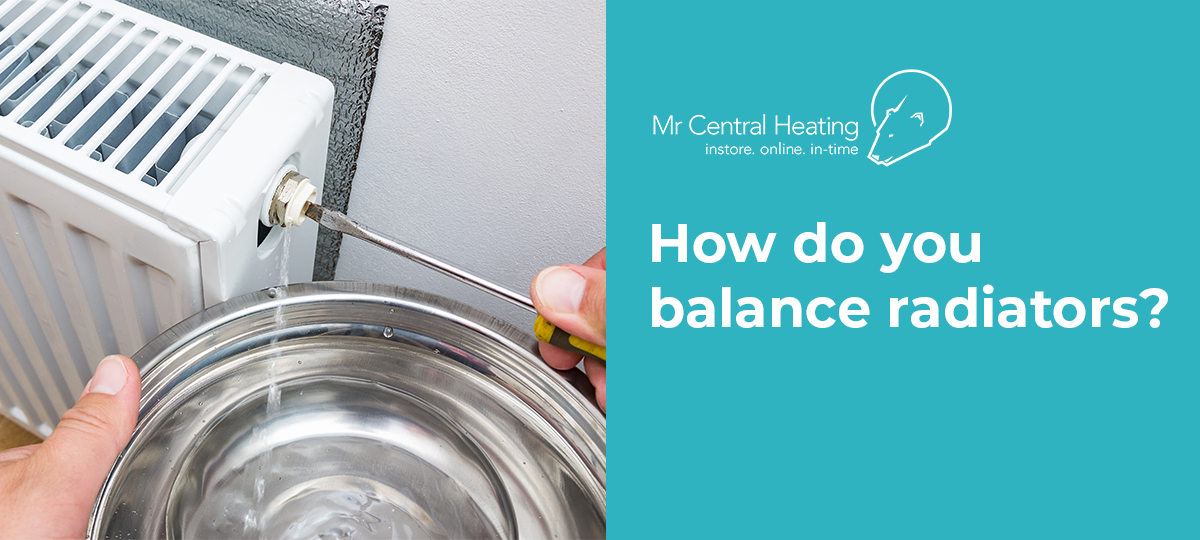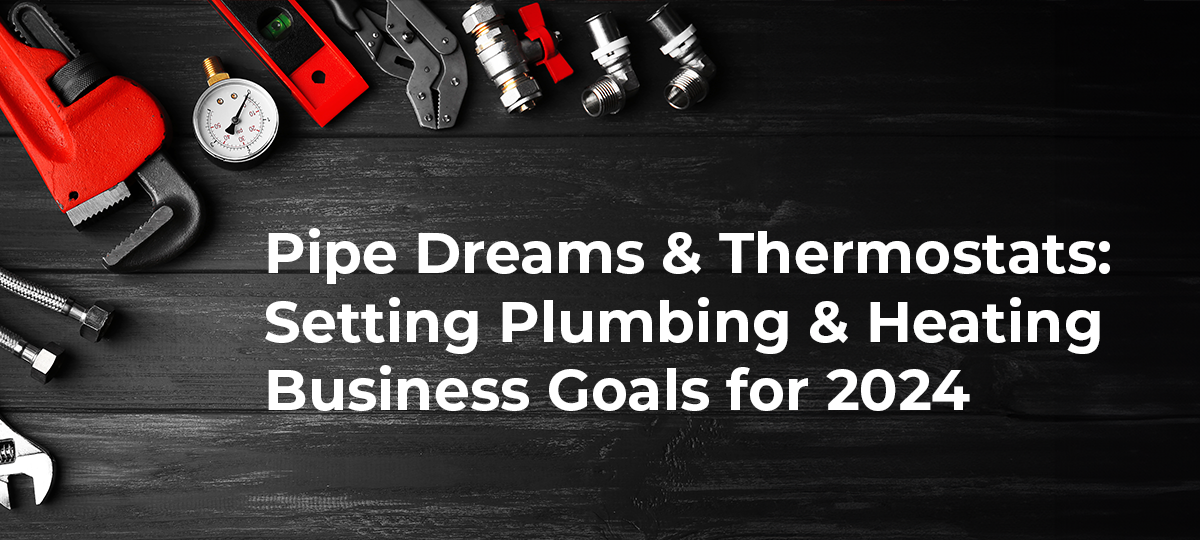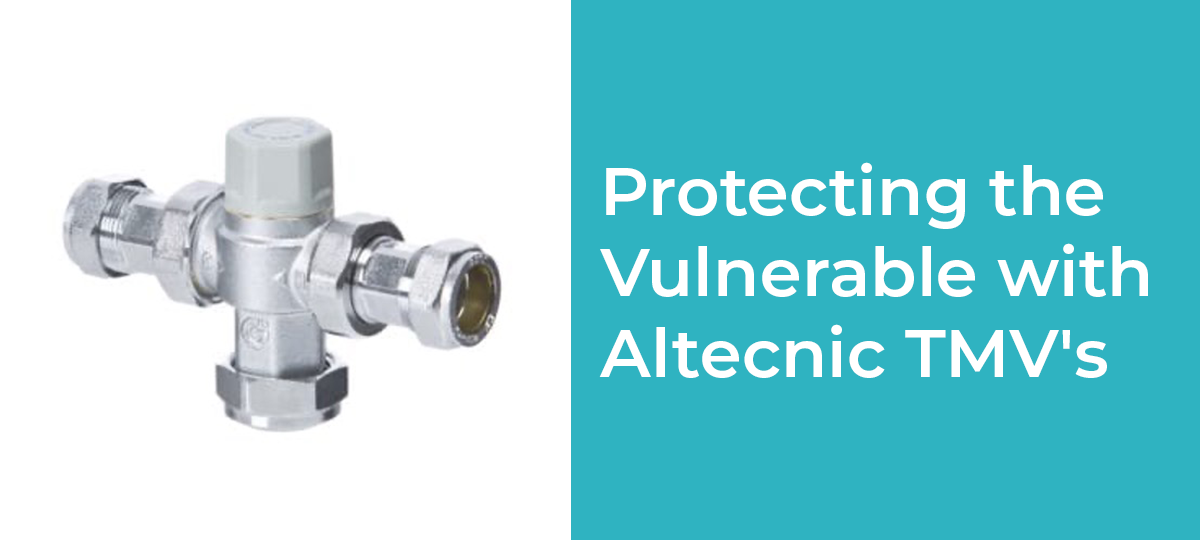Health and Safety - Workplace Hazards for Plumbers
As with many careers, there are several risks and health and safety hazards that are associated with a career in the plumbing industry. Plumbers can face many risks and health hazards when working out in people's homes or in office locations. These can be minimized through education and taking proper care and attention of your working environment. It is important for tradespeople to have a good understanding of the occupational health risks that they will come across not only for their own health and safety but also for customers. It is also important that you take the management of your health seriously even if you consider yourself to be young and fit. Over time, repetitive strain injuries and back injuries can occur which often result in needing to take time off from work.
Exposure to Hazardous Materials
One of the major dangers relating to plumbing is that plumbers and heating engineers are sometimes exposed to potential hazardous materials and chemicals. Plumbers need to take care when handling solvents and ensure they wear the proper safety clothing, including gloves, masks, and eye protection when appropriate. You should try to keep your hands safe from chemicals and solvents as these can cause problems such as contact dermatitis and skin irritation. Try to wear gloves where possible in these situations. Other items that plumbers often encounter are solder wire for plumbing fixtures and chemicals for flushing pipework and heating systems. We recommend you wear an approved high-quality face mask to protect yourself from dust and hazardous airborne particles. In some older homes, dangerous materials such as asbestos might have been used. You will need to both understand the danger this poses to your health and be able to identify the risk when you are working. You may need a professional to help remove this hazardous material.
Plumbing Biohazards
Raw sewage is perhaps one of the most obvious workplace health issues relating to plumbing. This poses multiple health risks to the worker including serious issues such as hepatitis. You can protect yourself by wearing proper clothing and to ensure that you wash your hands well if you come in contact with dirty water, washing them at regular intervals to help maintain cleanliness. It is also worth keeping anti-bacterial wipes and hand sanitizer in reach.
Plumbing Electrical Hazards
A well-known fact is that water and electricity are a deadly combination. When plumbing and electric cabling, outlets and appliances are near then this can create a very dangerous working environment. For example, a burst pipe close to an electrical outlet could result in electrocution. If in doubt get a professional electrician to ensure that the electric supply is safe and ready for other tradespeople to work around.
Physical & Manual Handling Risks
One issue with plumbing is that that the job is quite physical and there can be manual handling risks. There are a lot of different physical and manual handling issues associated with plumbing. It is recommended that you take a course on manual handling to prevent injuries whilst working.
Carrying tools and equipment can be heavy and can put strain on your back. If possible, make multiple trips when carrying items or get assistance for loads that are heavy. If you are not sure how to lift heavy items correctly you should consider going on a manual handling training course to find out the correct way to lift objects.
Plumbers Working in Confined Spaces
Many plumbing jobs require the plumber to work in awkward positions and confined spaces for long periods. The work area may require working on your knees or even your back. This can become painful and over time can cause long-term damage. You can get safety equipment to help reduce the strain on joints and ligaments such as knee pads or knee protectors. You should take regular breaks if you are working for long periods in contorted or confined positions.
When Working at Heights
Often plumbers may need to work at heights, such as climbing ladders and going into lofts and roof spaces. Care needs to be taken in these situations because a fall from a ladder could result in broken bones or worse. Good footwear is a must when climbing ladders. As plumbers often deal with water and leaks, a non-slip sole is also advantageous to wear to avoid a slip or fall.
Avoid cheap tools and equipment
It is tempting to cut costs on the quality of your tools and the plumbing equipment you install as there are a lot of cheap products available in the market. The problem with these tools and equipment is that they often break or can be dangerous. Fake products are also a serious problem when purchasing from sites online. This is why it is a good idea to buy your plumbing and heating supplies from a reputable supplier such as Mr Central Hating who only stock high quality plumbing products from leading plumbing manufacturers. If you shop with Mr Central Heating, you can be assured that what we supply will be good quality.
Other Physical Health Issues Relating to Plumbing
Plumbing fixtures and fittings, along with old pipework can be sharp and it can be easy to cut yourself on these items. You can also hurt yourself when using power tools and hand tools, so it is worth having a first-aid kit to hand and wound cleaning products to help avoid issues such as tetanus. A good pair of work gloves can also reduce damage to the hands. However, many plumbers find it hard to work when wearing gloves. You should also ensure that your tools and equipment are in good working order since this can be another way you can get injured.
Hand Arm Vibration Syndrome (HAVS) is caused by exposure to vibration such as from power tools. This typically affects builders but can also be a problem for plumbers who may use saws and drills that vibrate. You should try to minimize your exposure to vibration and take regular breaks if you must use power tools that can cause this issue.
Carry Out a Risk Assessment
Before you begin every job, you should carry out a risk assessment for the job. Potential risks may not present themselves at first glance so it is important to carry out a complete assessment. You’ll need to consider what the environmental dangers are, what needs to be done to address them and ensure that you are wearing adequate personal protective equipment (PPE) to keep you safe.
If you work for a company in the building or construction industry, they may have a health and safety policy that you should have read and follow. These are designed to keep workers safe. If you are self-employed you will need to ensure that you follow basic health and safety procedures and look after issues relating to the management of health yourself. You should always take H&S issues seriously since it is your health and livelihood on the line.
You may also need to carry out a Control of Substances Hazardous to Health (COSHH) assessment to ensure that you maintain safety. You may wish to attend a HSE training course to ensure that you are educated on the potential hazards you might face in the workplace, and you can also take a first-aid course which can be invaluable if you or a colleague are injured whilst at work.






















